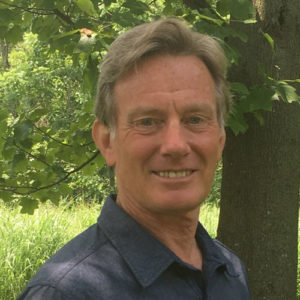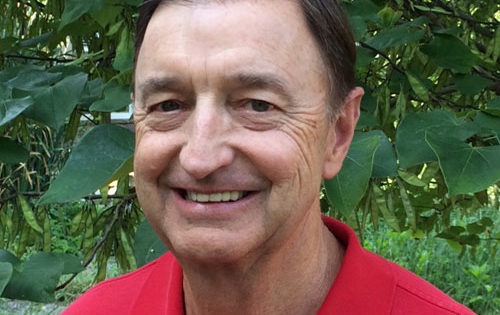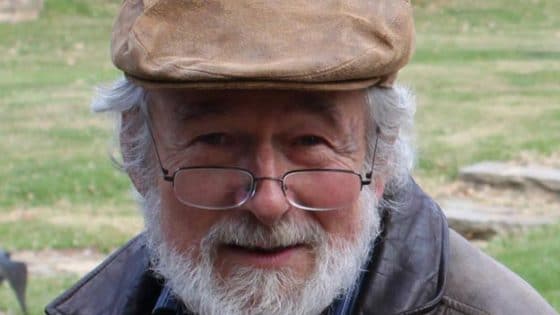 Research Scientist Emeritus
Research Scientist Emeritus
- Affiliate Faculty, Delaware Environmental Institute, University of Delaware
Contact
lakaplan@stroudcenter.org
970 Spencer Road, Avondale, PA 19311
Interests and Expertise
Dissolved organic matter biogeochemistry, aquatic microbial ecology, and nutrient cycling.
Education
- Ph.D., Biology (Limnology), University of Pennsylvania, Philadelphia, Pennsylvania.
- M.S., Ecology, University of California, Davis, California.
- B.A., Environmental Sciences, Franklin and Marshall College, Lancaster, Pennsylvania.
Professional Experience
- Research Scientist Emeritus, Stroud Water Research Center, 2018–present.
- Director, Ecosystem Science Cluster, Division of Environmental Science, National Science Foundation, 2015–2018.
- Senior Research Scientist, Stroud Water Research Center, 1999–2017.
- Curator, Division of Environmental Research, Stroud Water Research Center, Academy of Natural Sciences of Philadelphia, 1996–1999.
- Assistant Curator, Division of Environmental Research, Stroud Water Research Center, Academy of Natural Sciences of Philadelphia, 1988–1992.
- Research Associate, Division of Environmental Research, Stroud Water Research Center, Academy of Natural Sciences of Philadelphia, 1980–1988.
- Post Graduate Research Scientist III, University of California, Davis, California, 1974–1975.
Publications
Bier, R.L., J.J. Mosher, L.A. Kaplan, and J. Kan. 2023. Environmental Microbiology 25(10): 1860–1874.
Spatial variability in streambed microbial community structure across two watersheds
Akinwole, P., J. Kan, L.A. Kaplan, and R.H. Findlay. 2021. Microbiology Spectrum 9(3) e01972-21.
Elucidating stream bacteria utilizing terrestrial dissolved organic matter
Akinwole, P., L. Kaplan, and R. Findlay. 2021. World Journal of Microbiology and Biotechnology 37, article 32.
Effect of decreasing biological lability on dissolved organic matter dynamics in streams
Li, A., J.D. Drummond, J.C. Bowen, R.M. Cory, L.A. Kaplan, and A.I. Packman. 2020. Water Resources Research 57(2): e2020WR027918.
Whitty, S.D., D.C. Waggoner, R.M. Cory, L.A. Kaplan, and P.G. Hatcher. 2019. Magnetic Resonance in Chemistry 59(5): 540–553.
See all publications by Stroud Center authors
Related News
Tropical Freshwater Research Unlocks One of Nature’s Secrets
Scientist Lou Kaplan, Ph.D., describes how tropical research like his deepens our understanding of stream ecosystems both locally and abroad.
Stream restoration in the United States is a multibillion-dollar industry, yet long-term monitoring of its effectiveness is virtually nonexistent. To fill this gap, the Stroud Center restored a portion of
Transforming Water Quality in the Sharitz Run Headwaters of Brandywine Creek
This Watershed Renaissance Initiative grant will enable Stroud Water Research Center to implement extensive watershed restoration projects designed to capture and control excess water and sediment production from agricultural hillslopes.
Sharing Our Science in Salt Lake City
Stroud Center scientists shared their work at the weeklong annual meeting of this premier international organization of aquatic scientists.
Tom Bott, Bern Sweeney, Lou Kaplan and Denis Newbold are using their retirement in order to continue to pursue their passions in freshwater science.
Field Notes From Our Work in Costa Rica
A team of five Stroud Center scientists worked under the rainbows of the Orosí Volcano in Costa Rica to survey a dozen streams.



